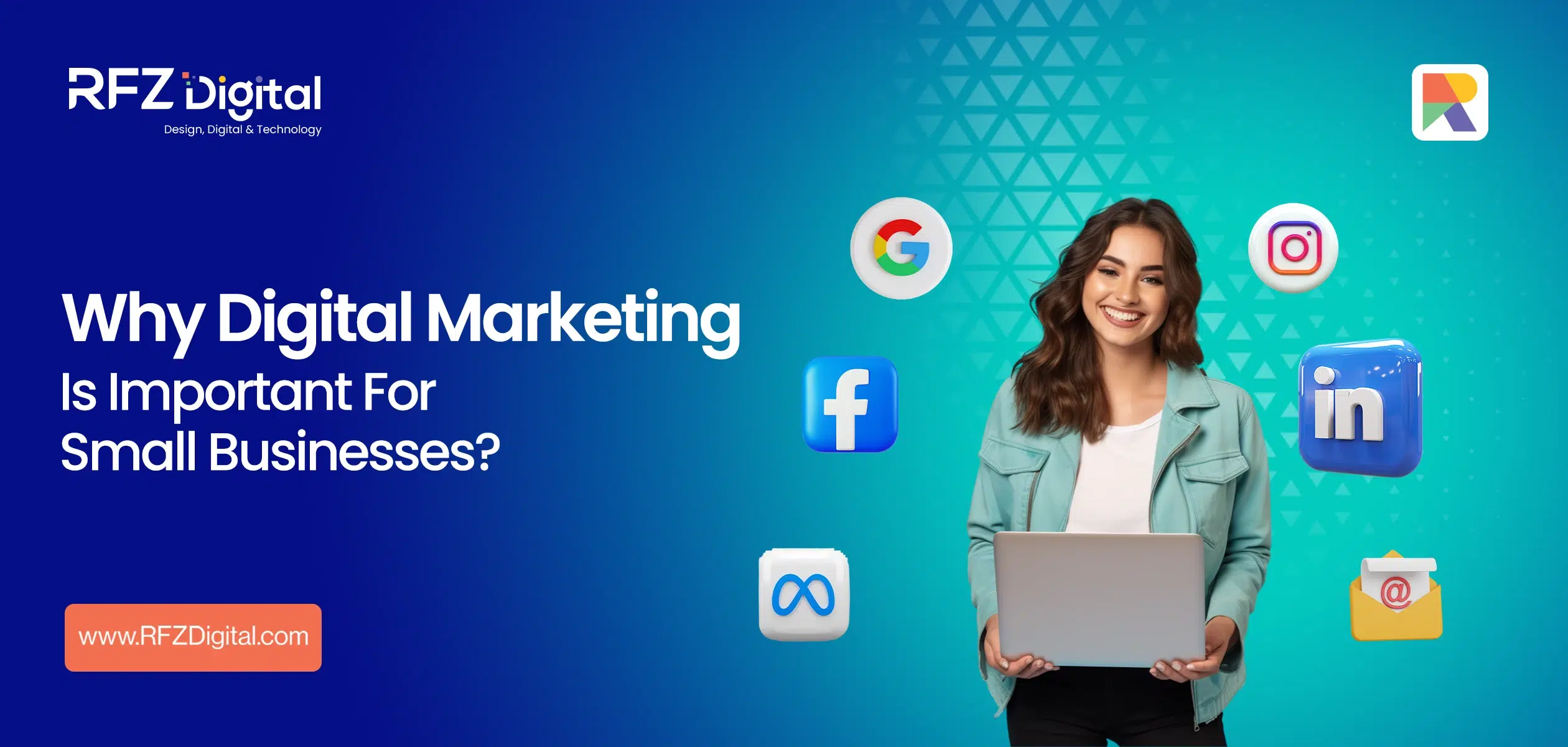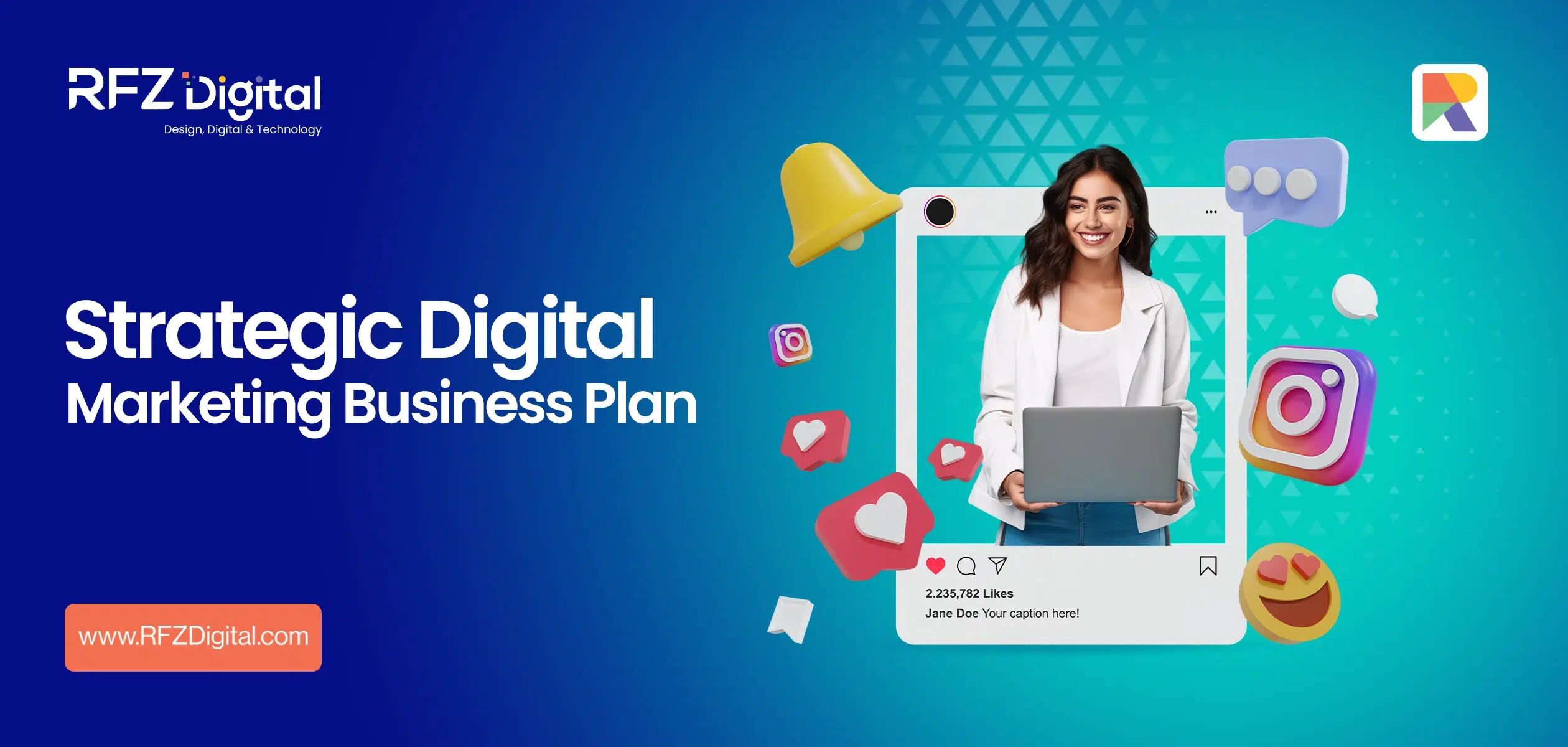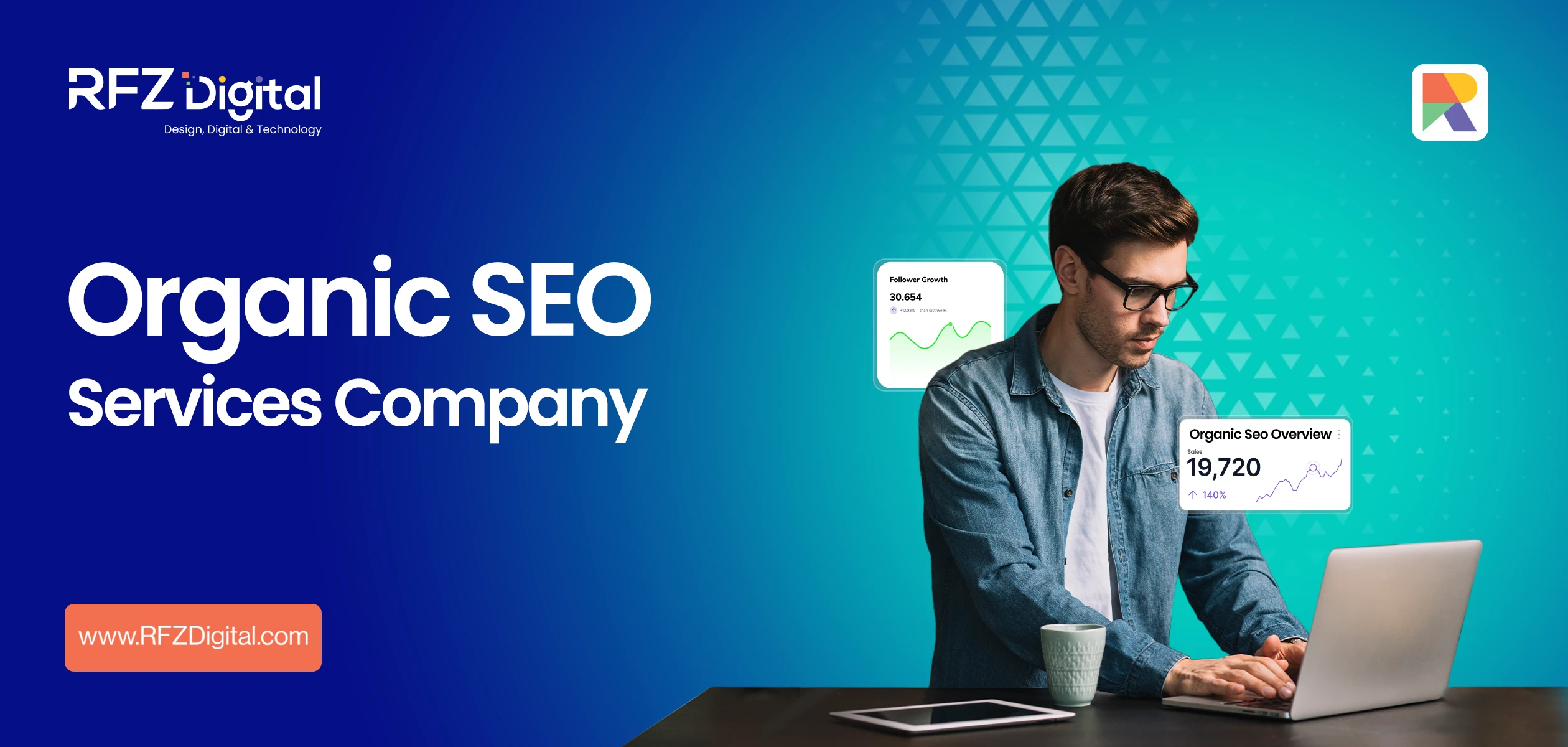The importance of digital marketing for small businesses cannot be overstated. It offers a multitude of benefits, allowing businesses to reach a wider audience, engage with prospects, and establish a strong brand reputation. Digital marketing provides cost-effective ways to target specific audiences, expands customer reach, and fosters interaction that was previously not possible through traditional advertising methods.
Inbound Marketing:
Inbound marketing is a customer-centric approach that focuses on creating valuable content. And experiences tailored to attract and engage a target audience. This methodology aims to build trust and credibility, ultimately leading to long-term relationships with customers. Inbound marketing involves techniques such as content creation, social media marketing, and search engine optimization (SEO). And also personalized email campaigns to draw prospects in and nurture them through the buyer’s journey.
Inbound marketing contrasts with traditional outbound marketing by aligning with the way modern buyers make purchasing decisions. It emphasizes solving problems, addressing pain points, and providing relevant information at each stage of the customer’s journey. And ultimately leading to a more organic and seamless path to conversion.
This approach has gained prominence due to its effectiveness in adapting to the changing behaviors and preferences of consumers in the digital age.
Outbound Marketing:
Outbound marketing, also known as traditional marketing, involves initiating conversations with potential customers through advertising, cold calling, direct mail, and other promotional activities. Unlike inbound marketing, which focuses on drawing in prospects through valuable content and experiences, outbound marketing takes a proactive approach by pushing a message out to a wider audience in the hopes of generating leads and sales.
This method has been a staple of marketing for decades and includes strategies like television and radio commercials, print advertisements, billboards, and telemarketing. While digital outbound marketing encompasses email blasts and display advertising.
While outbound marketing has traditionally been seen as interruptive and less targeted than inbound techniques, it still plays a vital role in many marketing strategies, especially for reaching broader audiences and creating brand awareness.
How does digital marketing help small businesses?
Digital marketing plays a pivotal role in empowering small businesses to expand their online presence, connect with their target audience, and drive business growth. From an SEO standpoint, incorporating relevant entities into content can enhance its search engine visibility and appeal to both users and search algorithms.
Getting Started:
When embarking on digital marketing initiatives, small businesses must consider key entities such as online presence, website optimization, and content strategy. Establishing a strong online presence through the creation of a user-friendly website and engaging content is crucial for attracting and retaining visitors.
Set SMART Goals:
Small businesses should define Specific, Measurable, Achievable, Relevant, and Time-bound (SMART) goals to guide their digital marketing efforts effectively. Incorporating entities related to their industry, target audience, and unique value proposition can help in setting clear and actionable goals aligned with business objectives.
Why Digital Marketing Is Important For Small Businesses?
Understanding the entities related to the target audience, including demographics, interests, and online behavior, is essential for crafting personalized and impactful digital marketing campaigns. By leveraging these insights, small businesses can tailor their content and messaging to resonate with their audience effectively.
Know Your Brand:
Incorporating brand-related entities such as brand values, USP (Unique Selling Proposition), and brand voice into digital marketing strategies helps small businesses establish a consistent and compelling brand identity across various online channels. This fosters brand recognition and trust among the target audience.
Keep an eye on the Competition:
Monitoring competitors’ entities, such as their digital strategies, content approach, and online engagement, provides valuable insights for small businesses to refine their own digital marketing tactics. Analyzing competitor activities can guide small businesses in identifying competitive advantages and differentiating their brand in the market.
Track and Measure:
Implementing entities related to key performance indicators (KPIs), analytics tools, and conversion tracking enables small businesses to assess the effectiveness of their digital marketing efforts. Tracking and measuring relevant metrics empower businesses to refine their strategies and optimize their online performance over time.
What are the benefits of digital marketing for small businesses?
Digital marketing provides small businesses with a number of benefits, including:
Increased Reach:
Digital marketing allows small businesses to reach a wider audience more quickly and easily compared to traditional marketing methods.
Targeted Marketing:
Small businesses can target specific customers based on their interests and needs, leading to more effective and personalized marketing campaigns.
Measurable ROI:
Digital marketing enables businesses to track the success of their campaigns and measure their Return on Investment (ROI), providing valuable insights for future strategies.
Engaging Content:
Small businesses can create and share engaging content that captures attention and drives traffic to their online platforms, boosting brand visibility.
Customer Connection:
Through social media and other digital channels, businesses can connect with customers, foster relationships, and enhance brand loyalty.
Personalization:
Digital marketing allows for a more personalized experience for customers, leading to increased engagement and satisfaction.
Automation and Efficiency:
By leveraging digital tools, businesses can automate marketing tasks, saving time and resources while maintaining consistent outreach.
Integration Across Functions:
Small businesses can integrate digital marketing into various business functions, creating a cohesive and streamlined approach to branding and promotion.
What are the different digital marketing channels for small businesses?
When it comes to digital marketing, small businesses have a plethora of channels at their disposal to connect with and captivate their target audience. Here’s a plagiarism-free breakdown of the diverse digital marketing channels ideal for small business promotion:
Website:
The cornerstone of any digital marketing strategy, a business website serves as a centralized platform under your complete control. It serves as the focal point to which all other digital efforts lead back to.
Social Media:
Leveraging popular platforms such as Facebook, Instagram, Twitter, and LinkedIn, small businesses can share compelling content and actively engage with users. Additionally, there’s the option to invest in sponsored content or collaborate with influencers to expand brand visibility.
Email Marketing:
Whether through automated campaigns or personalized messages, email remains a powerful channel for nurturing customer relationships and delivering tailored promotions.
Video Marketing:
Sharing captivating recorded or live videos online provides an immersive way to showcase products, services, and brand personality, resonating with audiences on a deeper level.
Display Advertising:
By placing promotional ads on relevant websites and applications, small businesses can effectively boost brand exposure and attract potential customers.
Remarketing:
Targeting users who have previously visited your website with specialized ads allows for precise re-engagement and conversion opportunities.
Content Marketing:
Crafting valuable and engaging content, such as blog articles and infographics, helps attract and retain visitors while establishing authority in the industry.
Google Ads:
Small businesses can benefit from paid search advertising through Google Ads, enabling them to appear prominently in search engine results and drive targeted traffic to their website.
While digital marketing may entail initial costs and time investments, identifying and refining effective campaigns can lead to decreasing expenses over time as businesses continue to implement successful strategies.
These digital marketing channels offer small businesses diverse avenues for reaching and engaging their audience, ultimately contributing to brand growth and customer acquisition.
Why is digital marketing important to small businesses?
Digital marketing is crucial for small businesses due to its ability to reach a wider audience, engage with prospects, provide cost-effective advertising, target specific demographics, enhance brand reputation, and interact with customers in new ways. These benefits enable small businesses to compete effectively and grow their customer base more quickly.
Where do we recommend small businesses should start with digital marketing?
We recommend that small businesses start with digital marketing by establishing a strong online presence. The first steps involve creating a professional website with SEO-optimized content tailored to the target audience. And also setting up social media profiles, claiming online business listings such as Google Business Profile, and initiating tracking for targeted keywords. Additionally, it’s essential to set up analytics to monitor user interaction with the website.
Once these foundational tasks are completed, the focus should shift to the target audience through the creation of relevant and valuable content. Small businesses can also consider launching targeted online advertising campaigns and engaging with customers through email marketing or online customer service. It’s crucial to build a solid foundation and then gradually expand digital marketing efforts based on the business’s goals and available resources.
For businesses with budgetary flexibility, enlisting a professional digital marketing agency to research and develop the website is advisable. Such agencies can also assist in driving traffic to the site and providing progress reports. In our experience at Lion Spirit Media, we’ve found that a good website, SEO, and Pay-Per-Click advertising offer the quickest route to success for most small businesses. Moreover, this approach not only attracts immediate targeted traffic but also lays the groundwork for organic growth in the future. To facilitate this, we offer special packages that combine SEO and PPC, ensuring the success of our customers.
Conclusion:
In the grand tapestry of business evolution, digital marketing has carved out a pivotal role for small businesses. By leveraging the power of the digital realm, even the most modest of enterprises can promote their brand. And engage their audience, and drive growth. It’s not merely about setting up a website or creating a social media profile. It’s also about the story you tell, the engagement you foster, and the relationships you build. In the digital age, the local hero has the potential to become a global phenomenon, and the time to seize that potential is now.
Looking for the best digital marketing company for businesses of all sizes? Look no further than RFZ Digital. Our tailored strategies, data-driven approach, and proven results make us the top choice for businesses looking to elevate their digital presence. Let’s take your business to new heights together. Reach out to RFZ Digital today and experience the difference firsthand!

 0
0





Comments:
No comments yet. Be the first to comment!